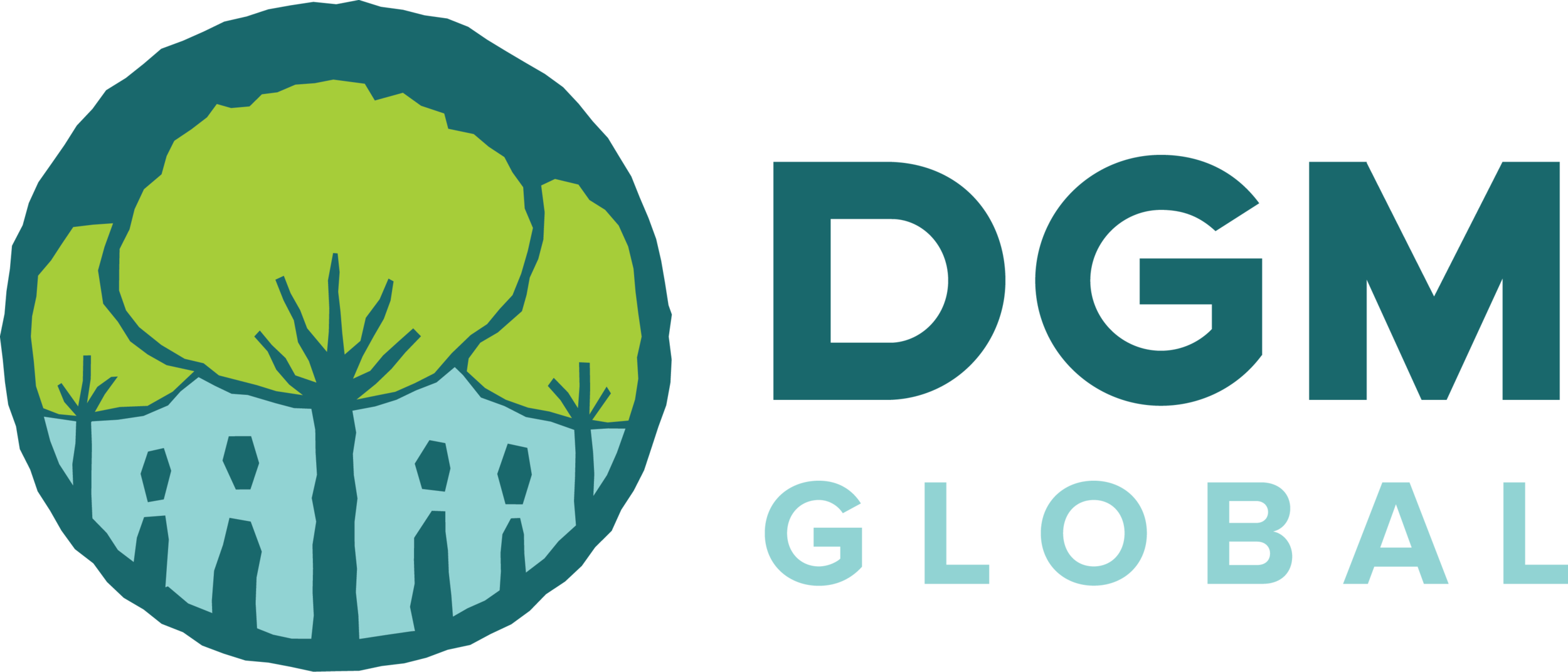International Year of Indigenous Languages
DGM Global cannot guarantee the accuracy of Google translations. In case of discrepancies, the original language takes precedence.
Happy new year to all of the friends and partners of the DGM around the world! The United Nations has declared 2019 as the International Year of Indigenous Languages. Around 40% of the world’s 6,700 languages are at risk of disappearing, which poses a further risk to the cultures and traditional knowledge systems tied to those languages. Indigenous peoples with their traditional ecological knowledge are critical partners in global efforts to protect forests and address climate change, and their knowledge is built around their languages.
The UNESCO Courier has dedicated its latest issue to indigenous languages and cultures, and it features many perspectives highlighting the importance of this topic. The entire publication is worth reading, but in particular we want to promote two articles written by close friends of the DGM.
Minnie Degawan, a Kankanaey Igorot from the Cordillera in the Philippines is the Director of the Indigenous and Traditional Peoples Program at Conservation International. In this role, she has been a valuable partner of the DGM Global project, and she shared her expertise in the 2017 Asia Exchange in Thailand. She has written a great overview of the connections between indigenous peoples, their languages, and climate change. - Indigenous Languages: Knowledge and Hope
The publication also features an article from Hindou Oumarou Ibrahim, a member of the Mbororo indigenous peoples from Chad. She participated in the DGM’s global exchanges in both 2016 and 2018 and recently promoted the DGM as a successful model for direct access to climate finance for indigenous peoples and local communities at UNFCCC COP 24 in Katowice, Poland. In her article, she shares the story of the Mbororo indigenous peoples and the work of the organization she helped found, the Association des Femmes Peules Autochtones du Chad (AFPAT). - Speaking up for the Rights of the Mbororo
Through 2019 and beyond, we should all take some time to reflect on the importance of indigenous languages and do what we can to keep these languages alive to preserve the planet’s rich cultural and biological diversity.
